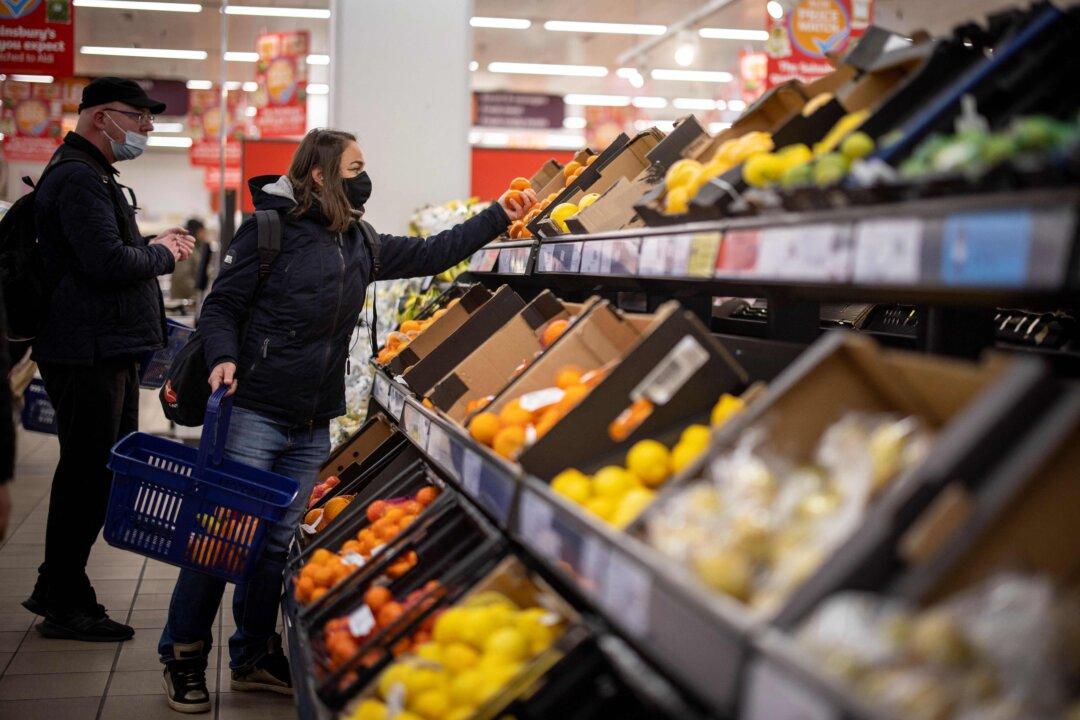Inflated food prices won’t be going down any time soon, the president of the National Farmers’ Union (NFU) has warned.
It comes after the UK’s food price in March had the second biggest yearly hike among the G-20 countries after Turkey.

Inflated food prices won’t be going down any time soon, the president of the National Farmers’ Union (NFU) has warned.
It comes after the UK’s food price in March had the second biggest yearly hike among the G-20 countries after Turkey.